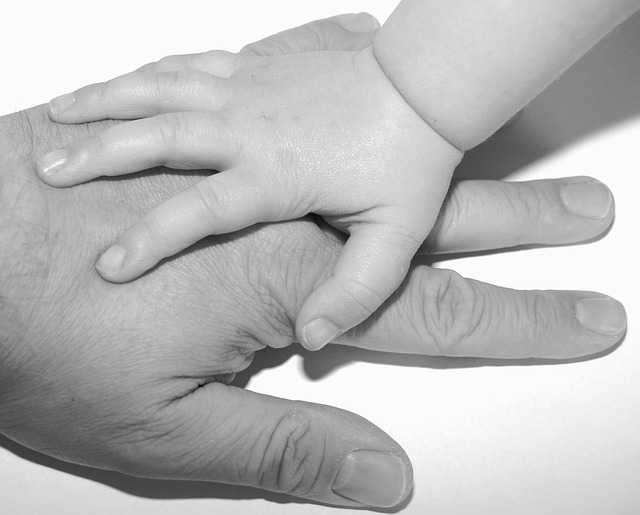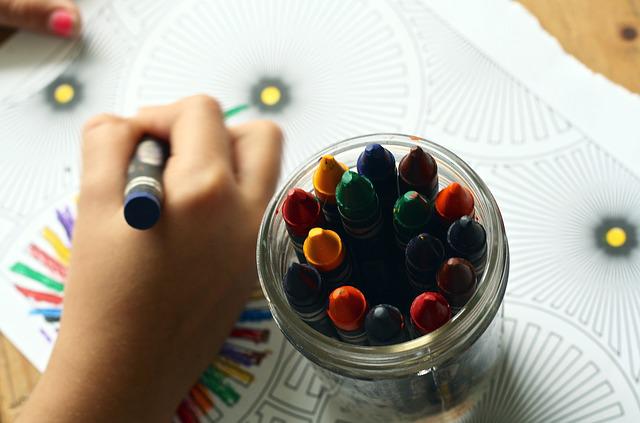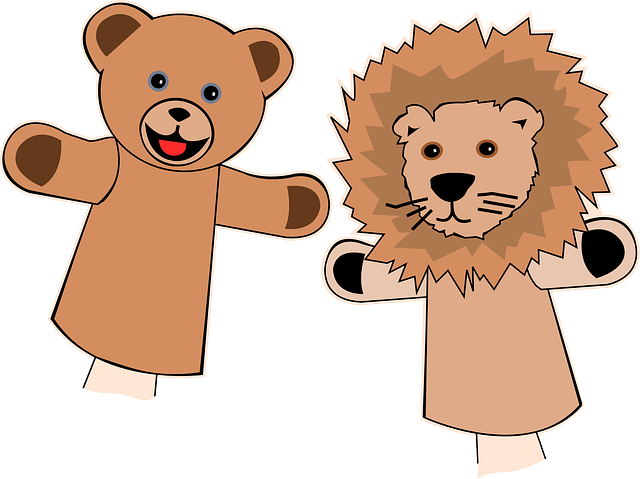Swimming is certainly not an essential activity for babies, but it is a refreshing change of pace for the whole family. Swimming has many positiveeffects. Psychomotor development, coordination, muscle strength, dexterity, and faulty posture, as well as the health effects of stiffness, proper breathing, digestion, and quality sleep for the child.
As early as three months of age,
babies may go to special centers that specialize in ablution. Ablution is performed in hygienic water of 30-36°C,
with parental guidance.

Swimming helps improve sleep, appetite, and digestion and is very beneficial for babies suffering from infant colic .
It is already possible for babies as young as 6 months of age to attend special swimming pools in which parents are actively involved. The water temperature must be between 28-32°C and the water quality must meet sanitary standards. The centers usually use technology to treat the water. These include precise dosing of chlorine, the use of ozonizers and UV lamps. Both ozoneand ultraviolet lightare characterized by their ability to disinfectand break down toxic substances. In addition to water quality, a suitable environment for the whole family is also important. Of course, spacious changing rooms, showers, and sufficient capacity toilets where babies can be safely deposited are essential. It is also strongly recommended that there be rest rooms where babies can cool off, rest, and nurse after swimming
.

When choosing a swimming course, it is important to check references . Therefore, be wary of non-specialist approaches.
Hypothermia in the baby, gastrointestinal tract and skin infections may occur. In some cases, ear and conjunctivitis may develop. Chlorine used for disinfection is retained in the water in the form of a dangerous aerosol. This damages the respiratory tract and skin. If there is a genetic disposition, some infants may induce asthma or atopic eczema.





